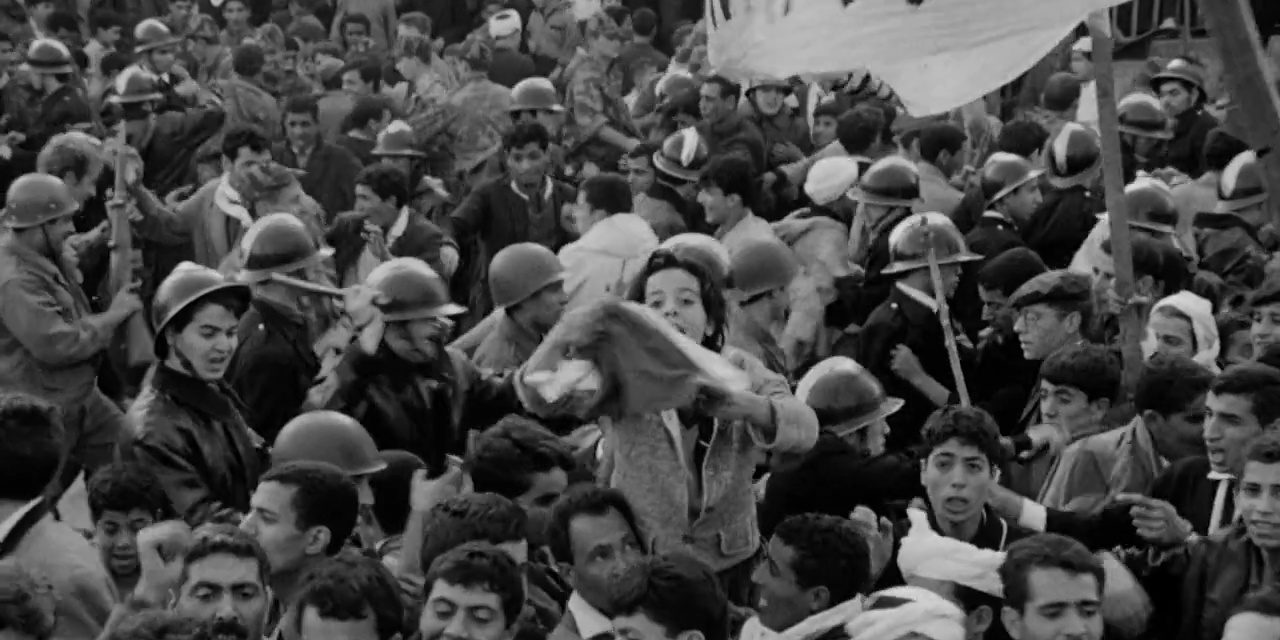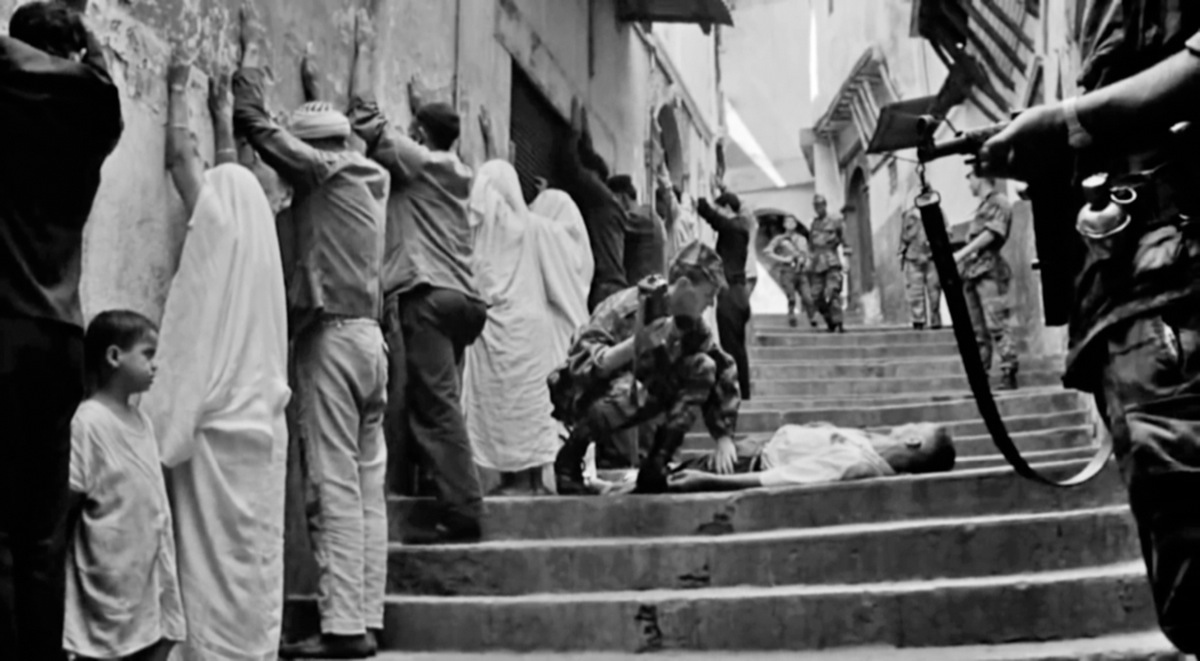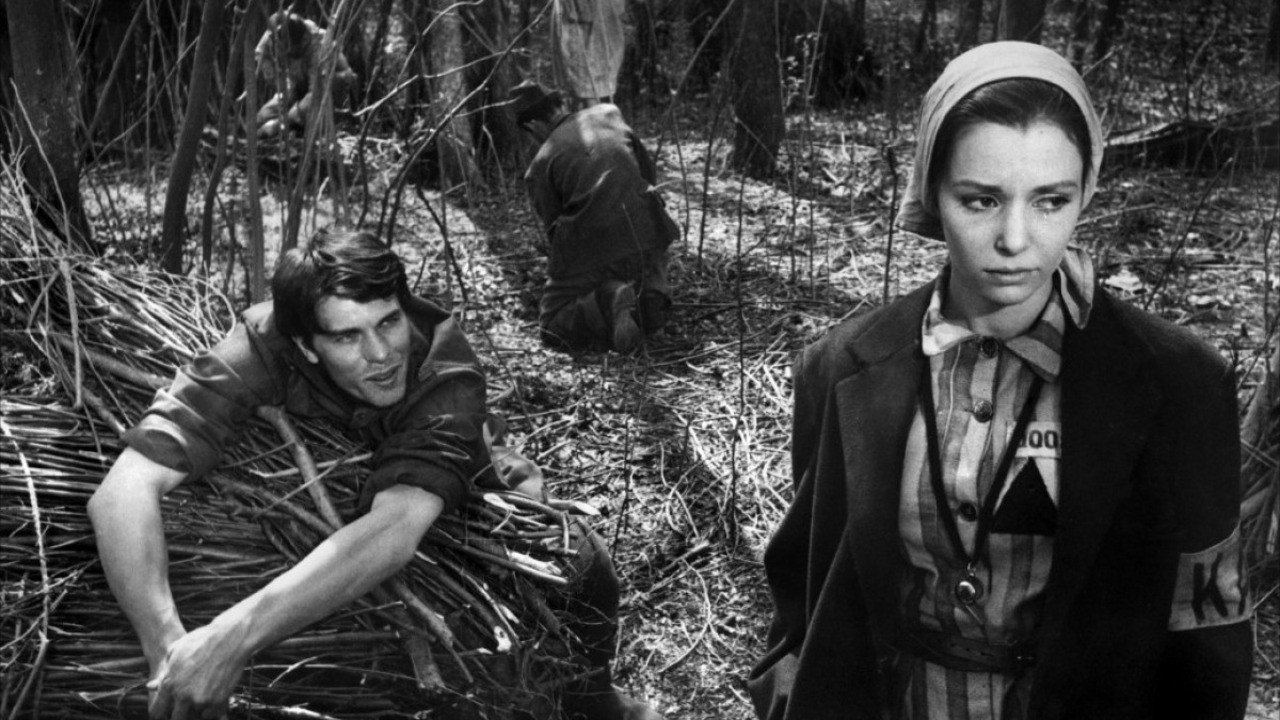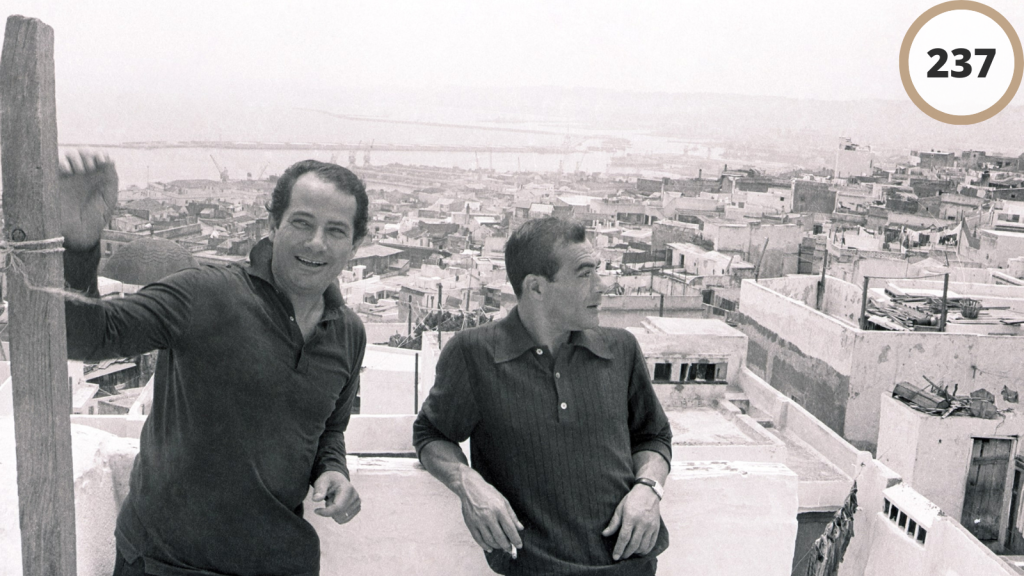Gillo Pontecorvo was an Italian filmmaker known for his politically charged and socially conscious films. He is best remembered for his 1966 film The Battle of Algiers, a powerful portrayal of the Algerian struggle for independence from France. The film is widely considered one of the greatest political films ever made and firmly established Pontecorvo’s reputation as a master of neorealist cinema.
Pontecorvo’s films often grappled with themes of political struggle, oppression, and resistance, displaying his deep-rooted commitment to social justice. His narratives were typically grounded in historical or contemporary sociopolitical conflicts, and he had a particular interest in exploring the perspectives of the oppressed. His approach to filmmaking was characterised by a focus on authenticity and a deep empathy for his characters, evident in The Battle of Algiers, where he effectively humanises all sides of the conflict, providing a balanced and nuanced exploration of the Algerian War.
Pontecorvo’s style was heavily influenced by Italian neorealism, emphasising location shooting, non-professional actors, and a documentary-like aesthetic. His films often used handheld camera work, natural lighting, and grainy black-and-white cinematography to create a sense of immediacy and realism; this is particularly evident in The Battle of Algiers, which was shot on location in the Casbah of Algiers and utilised a cast largely made up of non-professional actors.
Pontecorvo’s ability to combine political commentary with gripping storytelling makes him a special director. His films, while deeply rooted in specific historical contexts, manage to resonate universally due to their exploration of timeless themes such as oppression, resistance, and the human cost of conflict. He has influenced various filmmakers, from those in the Third Cinema movement to directors of contemporary political dramas.

Gillo Pontecorvo (1919 – 2006)
Calculated Films:
- The Battle of Algiers (1966)
Similar Filmmakers
- Giuliano Montaldo
- Jean-Pierre Melville
- Jorge Sanjines
- Ken Loach
- Lina Wertmuller
- Marco Bellocchio
- Miklos Jancso
- Oliver Stone
- Ousmane Sembene
- Pier Paolo Pasolini
- Sergei Loznitsa
- Tomas Gutierrez Alea
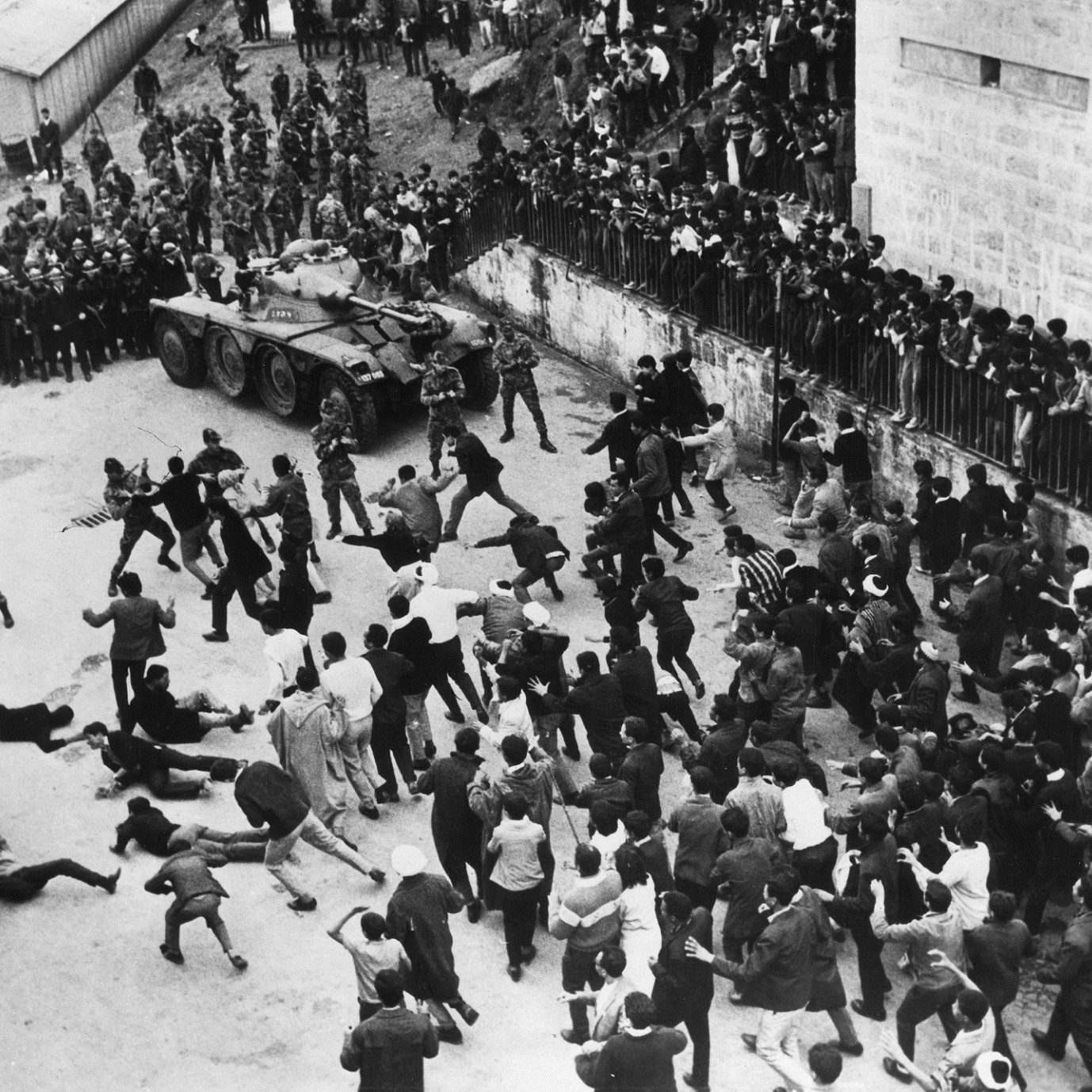
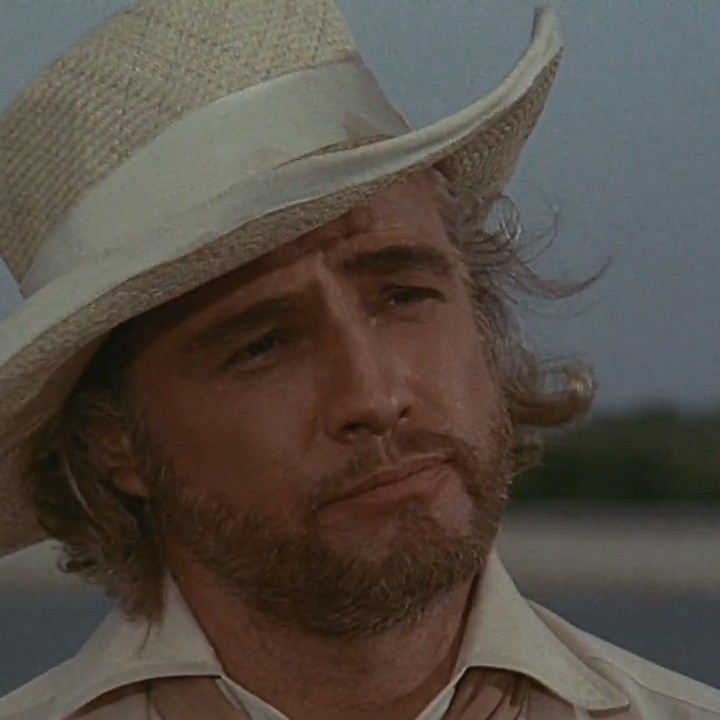
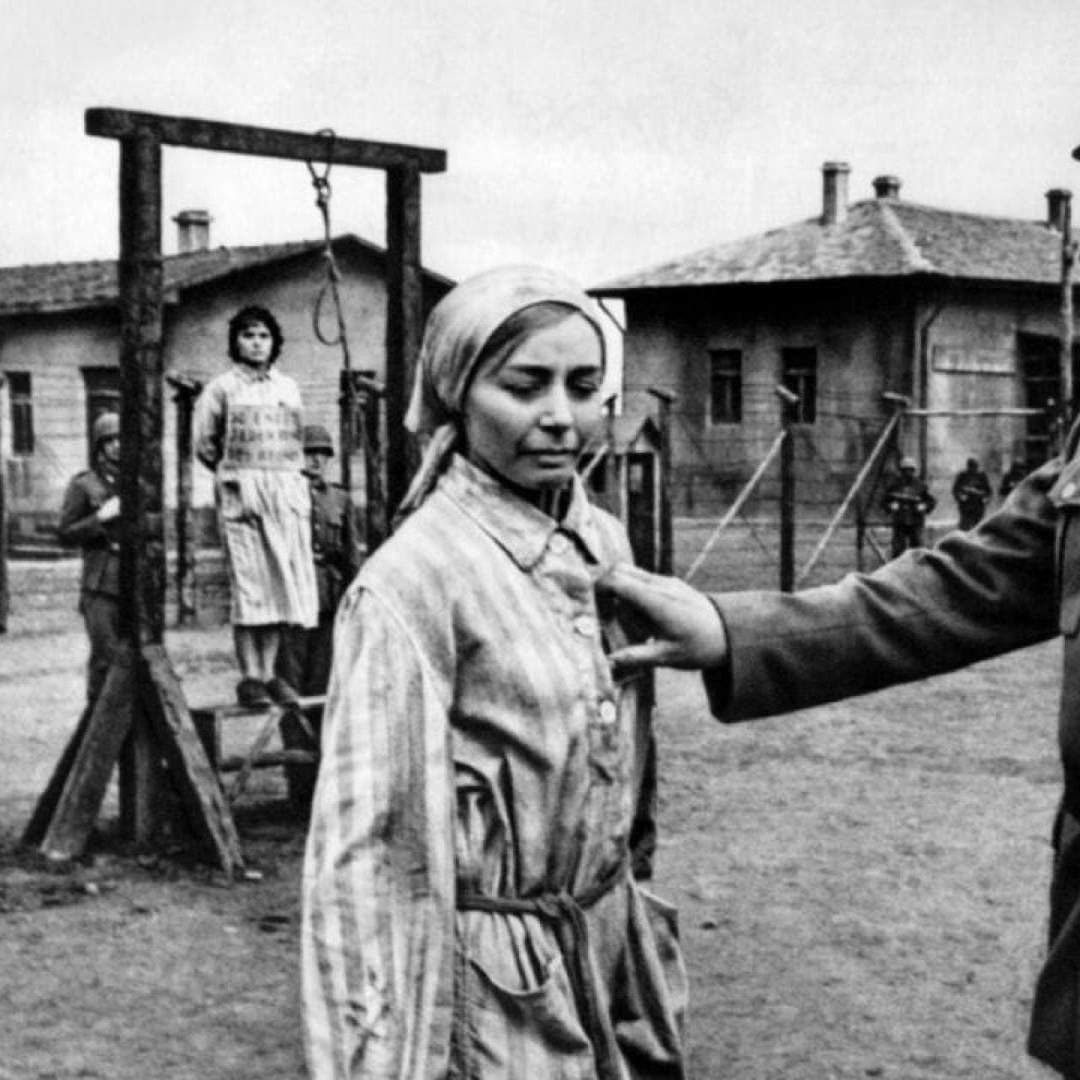
Gillo Pontecorvo’s Top 5 Films Ranked
1. The Battle of Algiers (1966)
Genre: War, Period Drama
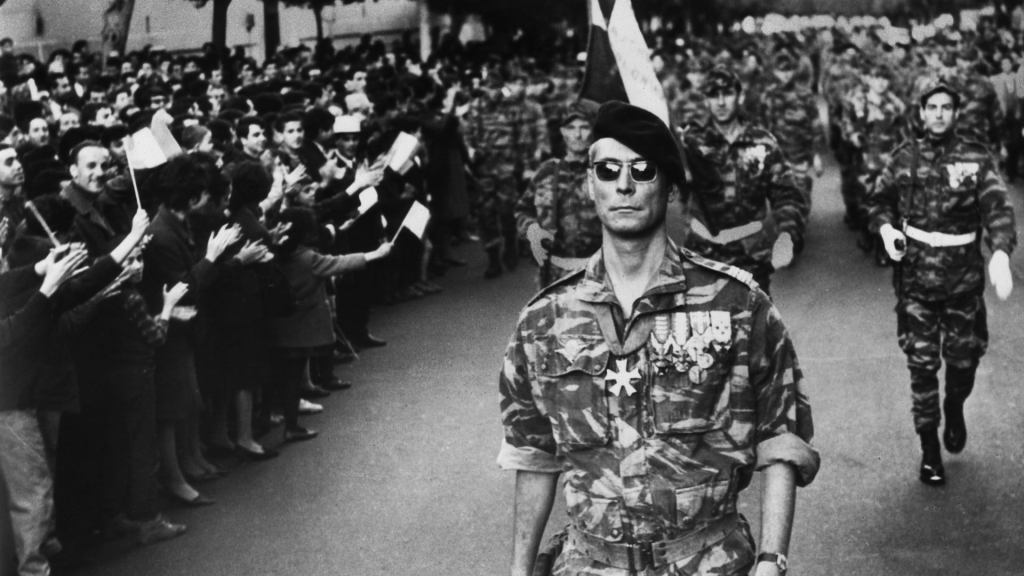
2. Burn! (1969)
Genre: Period Drama, Political Drama
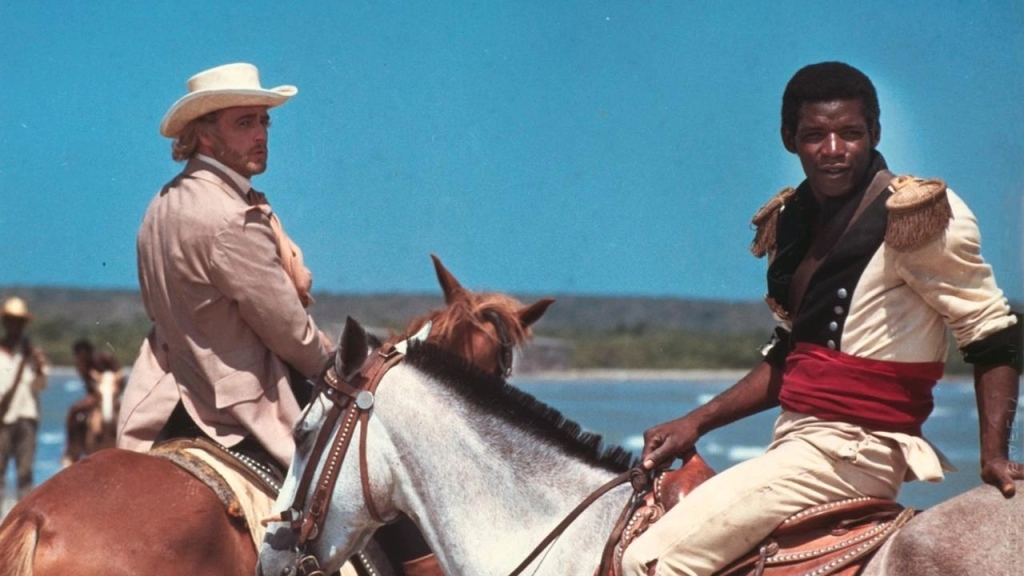
3. Kapo (1960)
Genre: Prison Film, Drama, War
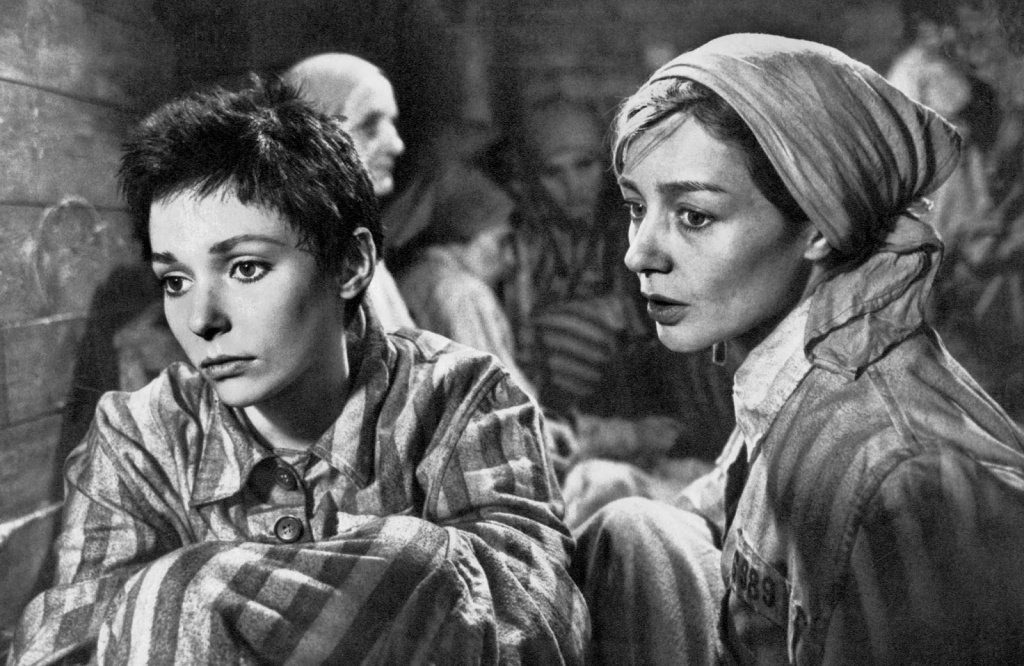
4. Operation Ogre (1979)
Genre: Political Thriller
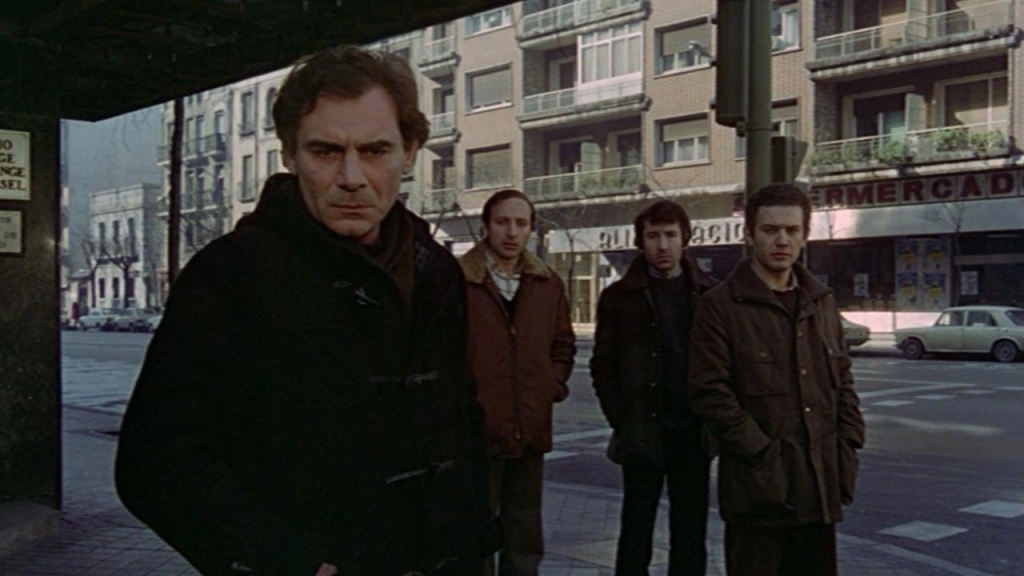
5. The Wide Blue Road (1957)
Genre: Romance, Drama
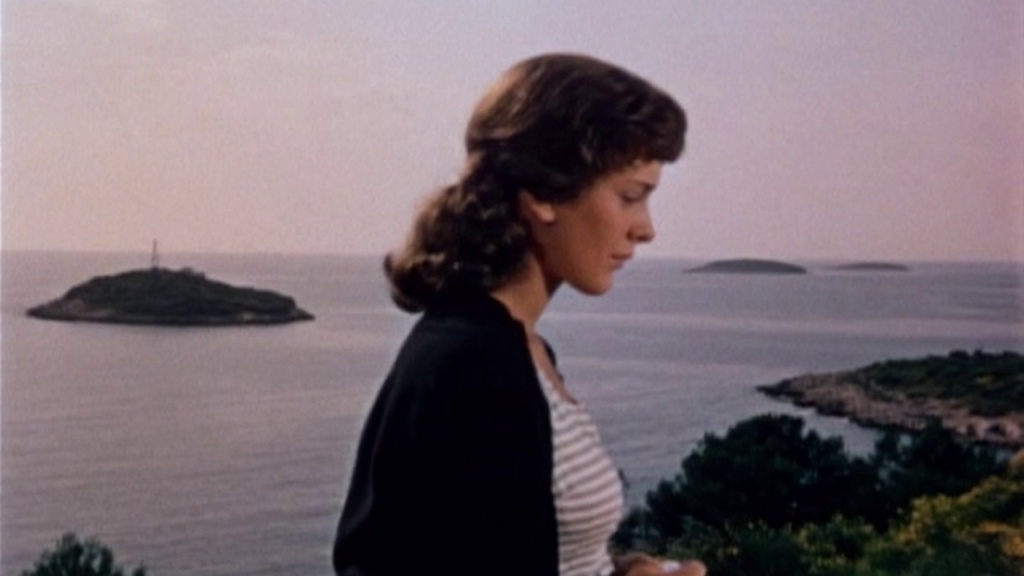
Gillo Pontecorvo: Themes and Style
Themes:
- Anti-Colonialism & Resistance: Central to many of Pontecorvo’s works is the theme of anti-colonialism and resistance. His films often explore the dynamics between oppressors and the oppressed, showcasing the struggles of indigenous populations against colonial powers. The Battle of Algiers vividly depicts the Algerian struggle for independence against French colonial rule.
- Social Justice & Equality: Pontecorvo was deeply committed to social justice and equality, reflecting his own political beliefs. His films often spotlight socio-economic disparities and advocate for the rights and dignity of marginalised groups.
- Political Activism: His works commonly incorporate political activism, providing a cinematic voice to anti-fascist and anti-imperialist movements. He sought to raise awareness and prompt discussions on the political climates and conflicts of his time.
Styles:
- Documentary-Style Realism: One of the defining features of Pontecorvo’s style is the use of documentary-like realism to heighten the impact of his narrative films. He often employed non-professional actors, on-location shooting, and handheld camera techniques to enhance the authenticity and immediacy of his storytelling. The handheld cinematography and realistic performances in The Battle of Algiers make the film feel like a documentary, even though it’s a work of fiction.
- Visual Expression: Pontecorvo was a master of visual expression, using the camera to convey the emotions and experiences of his characters. His films often feature dynamic, impactful imagery, with a keen eye for composition and visual symbolism.
- Musical Integration: Music plays a crucial role in many of Pontecorvo’s films. Collaborating with celebrated composer Ennio Morricone, he skillfully integrated music to underscore the emotional and thematic elements of his works, enhancing their overall impact and resonance.
Directorial Signature
- Political Engagement: Pontecorvo’s films are distinctly political, reflecting his engagement with and commitment to leftist causes and anti-colonial movements. He used cinema as a platform for political expression and activism, creating works that are both artistically compelling and politically charged.
- Authenticity & Verisimilitude: His commitment to realism and authenticity is a hallmark of his directorial style. By blurring the lines between fiction and documentary, he created films that are deeply immersive and convincing, making audiences feel the urgency and relevance of the depicted events.
- Empathy for the Underdog: Even in the exploration of broad political and social themes, Pontecorvo maintained a deep compassion for the individuals at the heart of his stories, often the underdogs, the oppressed, or those engaged in resistance movements. This empathy translates into films that are both intellectually engaging and emotionally moving.
Gillo Pontecorvo – The 237th Great Director

